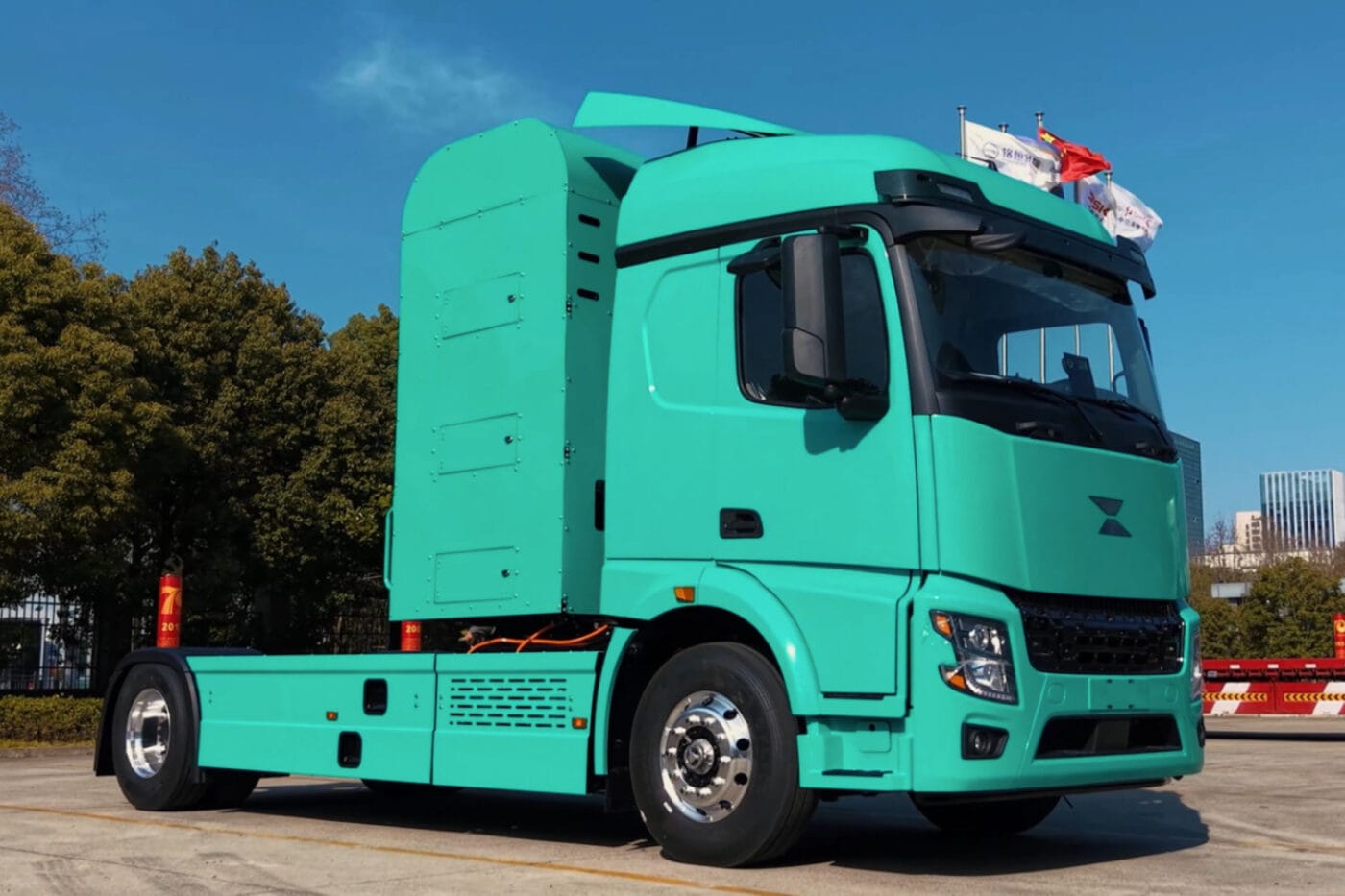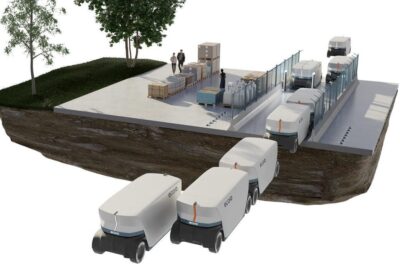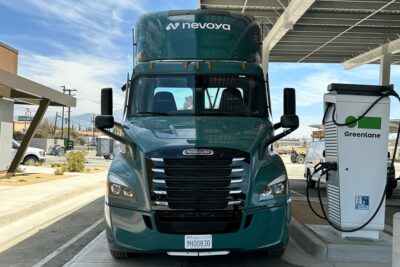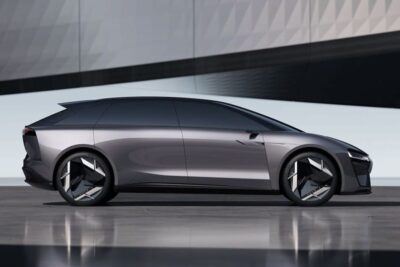Wuliu Automotive orders 100 Horizon fuel cells for trucks
The 42-ton truck from Wuliu features a “lightweight and ultra-long range” design, and will be equipped with Horizon’s VL-III Series fuel cell system and a “locally sourced Type IV hydrogen storage system”, according to Horizon Fuel Cell Technologies.
Horizon’s VL-III Series fuel cell technology was launched in 2022. Since then, Horizon says the platform has powered commercial vehicles on several continents, with hundreds of units deployed and has been validated through demanding real-world operations. The 1,500 km range is no doubt appealing for trucking operations.
Horizon revealed its next-generation VLS-IV Series 400kW fuel cell stack towards the end of 2024. The company estimates it can reduce hydrogen consumption in heavy-duty fuel cell trucks by as much as 20 per cent.
Neither company has released a great deal of information about their respective preceding fuel cell truck deals. According to Chinese media, earlier this year, Wuliu Group joined forces with hydrogen energy platform suppliers to further the uptake of hydrogen fuel cell vehicles.
Hydrogen fuel cell vehicles are having a hard time in Western markets, although truck, bus and maritime deployments continue. Last month, Hydrogen specialist PowerCell deepened its collaboration with Bosch to fast-track fuel cell adoption in China’s mobility and industrial sectors. The extended agreement covers automotive stacks and new use cases in construction and backup power.





1 Comment